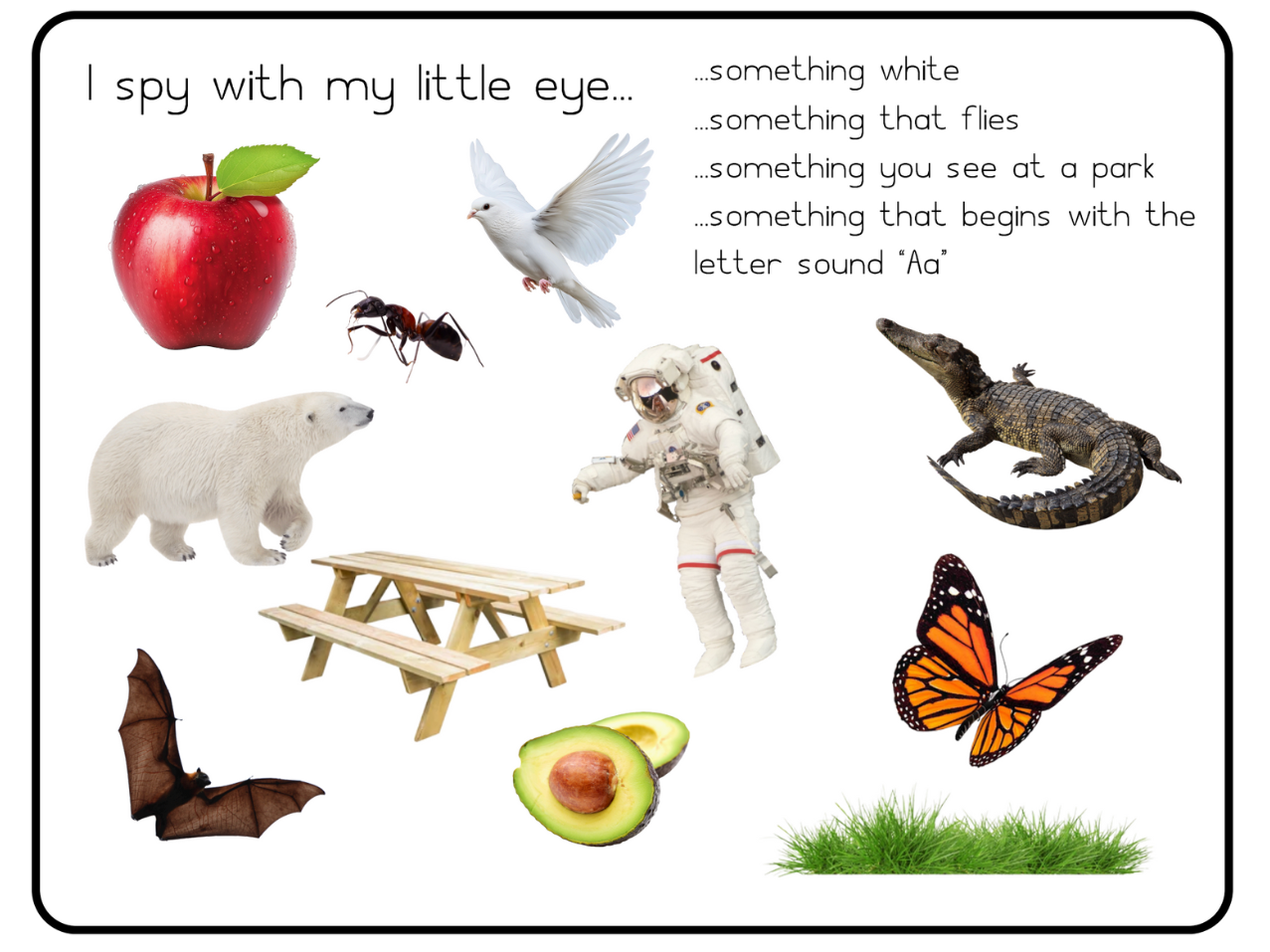Menu
-
-
Shop Holiday Items
-
Shop Gifts By Age
- Gifts For a 0-6 Month Old
- Gifts For A 6-12 Month Old
- Gifts For A One Year Old
- Gifts For A Two Year Old
- Gifts For A Three Year Old
- Gifts For A Four Year Old
- Gifts For A Five Year Old
- Gifts For A Six Year Old
- Gifts For A Seven Year Old
- Gifts For An Eight Year Old
- Gifts For A Nine Year Old
- Gifts For A Ten Year Old
-
Shop Gifts By Budget
- New Arrivals
-
Toys
- Large Active Toys
- Animal Toys
- Arts & Crafts
- Award-Winning Toys
- Bath Toys
- Birthday Wishlists
- Building Toys
- Cars, Trains, & Trucks
- Games
- Instruments
- Loose Parts Play
- Loot Bag Toys
- Made in Canada
- Outdoor Toys
- Pretend Play
- Puzzles
- Sensory And Fidget Toys
- Sensory Bin Tools & Fillers
- STEM Toys & Activities
- Toronto-Themed Gifts
- Travel Toys
- Wooden Toys
- Waiting Room Toys & Furniture
-
Montessori Materials
- Montessori At-Home Program
-
Montessori Furniture
-
Bundles & Sales
-
Books
-
Shop By Age
-
Shop By Brand
- Brands A-F
- Brands G-L
-
Brands M-R
- MagicPlaybook
- Magna Tiles
- Make Believe Ideas
- Makedo
- Manhattan Toys
- Math for Love
- Milaniwood
- MindWare
- Mojo Toys
- Moluk
- Moulin Roty
- Native Northwest
- nic
- Nienhuis
- Ooly
- Opinel
- Ostheimer
- Papoose
- Peaceable Kingdom
- Plan Toys
- Plus-Plus
- Preschool Collection Watches and Timers
- Ravensburger Puzzles
- Real Life Pages
- Brands S-Z
-
- 866-901-4696
- Gift Registry
- Login


What to do instead of making your child say sorry...
2 min read
I think it’s fairly common, almost a knee-jerk reaction, to yell “say sorry!” when our children something wrong.
It makes sense, you want them to be kind and treat others with respect.
It’s not a bad thing to do BUT in order for children to fully understand what it is that they’re saying, they first have to learn empathy.
Children, especially toddlers, are still developing the skills they need to truly feel and express empathy.
Saying the word “sorry” often becomes a mindless action without any real understanding behind it.
Toddlers will start showing signs of empathy around 2 or 3 years old but it’s not until between the ages of 3 and 5 that they begin to be able to take the perspective of others.
Prior to this, children are wired to think inwards. The early years are spent learning how their actions impact others. They learn this through experience.
What Happens In The Classroom
In the classroom, Montessori teachers don't make the children say sorry or expect them to.
It’s very common for toddlers to express themselves physically (hitting, pushing, biting), especially with their peers. This is because they’re still developing their language skills and emotional awareness.
When situations like this come, teachers will do 3 things:
1. Comfort the child who was on the receiving end of the physical communication.
2. Spend some time with the child who expressed themselves physically and talk about what had happened.
The teacher might say something like, “I don’t think NAME liked that very much. They look sad."Then the teacher will usually remind the child that they have to keep their hands on their own body.
3. Instead of asking them to say sorry, they talk about ways to make their classmate feel better, i.e. offering them a tissue, and then provide them with the words they could use next time.
For example: “If NAME is standing too close to you, next time you can tell her that you need some space.”
In the early years, A LOT of time is spent helping children find the words they need in situations like this.
Model Apologizing At Home
Rather than expecting your child to say sorry before they fully understand the meaning of the word, you can model saying sorry at appropriate times - show them how and when it’s used.
Teach them that it’s not just about saying the word, but about repairing what just happened and taking action to make things right.
With this exposure, children will naturally start to incorporate the word into their vocabulary while also learning how to use it appropriately.
They’ll also start to hear it a lot more at school as they grow and more children around them develop empathy.
In the end, you can ask your child to apologize but make sure you’re including a lesson in empathy with it.
If they’re quick to say “sorry” without much thought, I would suggest asking them to say what they’re sorry for.
This helps draw their attention to how their behaviour affects others and encourages a deeper understanding, rather than just repeating the word.
Join Our Montessori Community
Sign up to get weekly activities, free printables, Montessori parenting guidance, and so much more.
Plus, get $10 off your first order of $100+.
Like this article? Get new articles, weekly activities, free printables, Montessori parenting guidance, and so much more.
One mom recently shared:
"Your newsletter is always SO great. It is one of the few I open and read weekly. You provide so much value. Thank you!"


